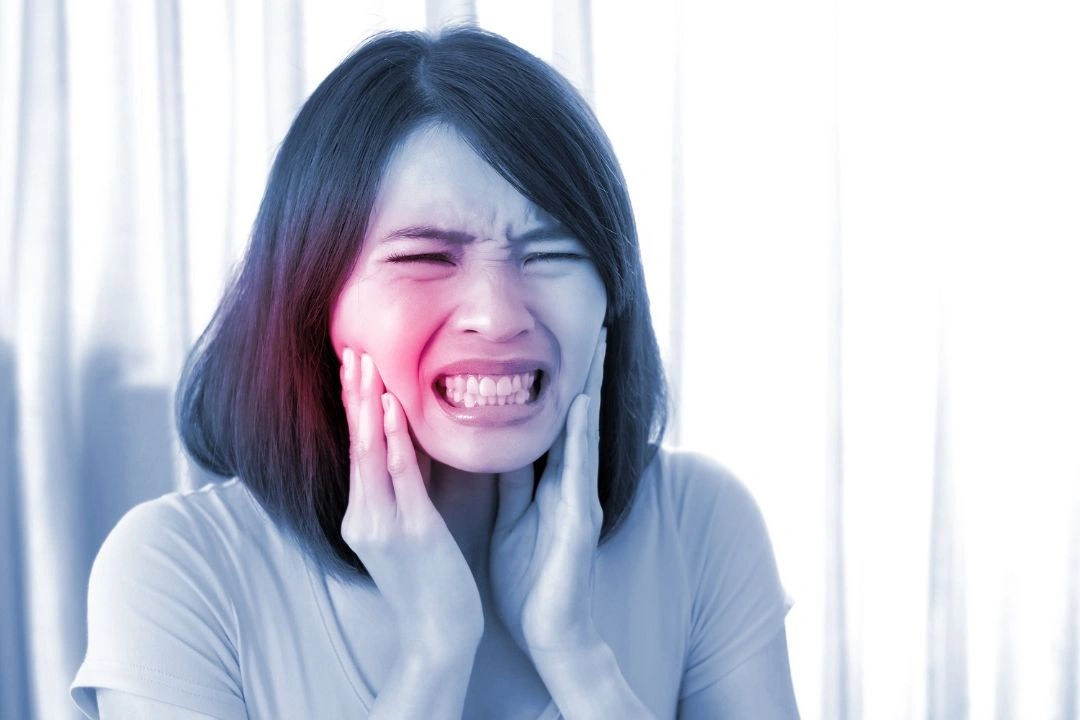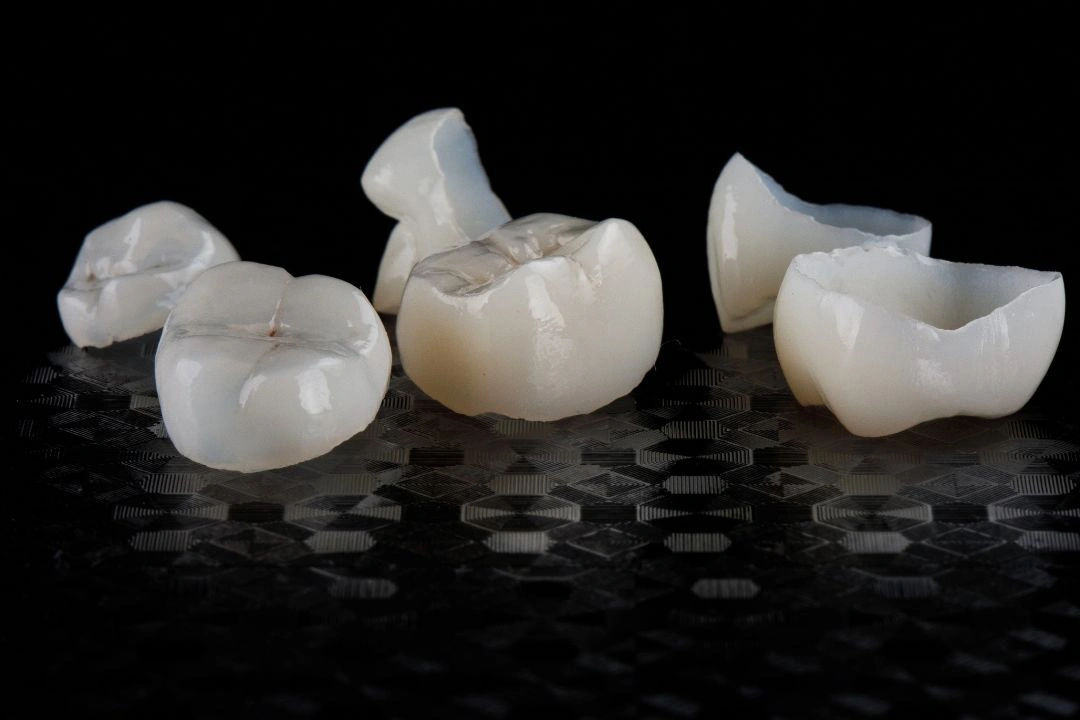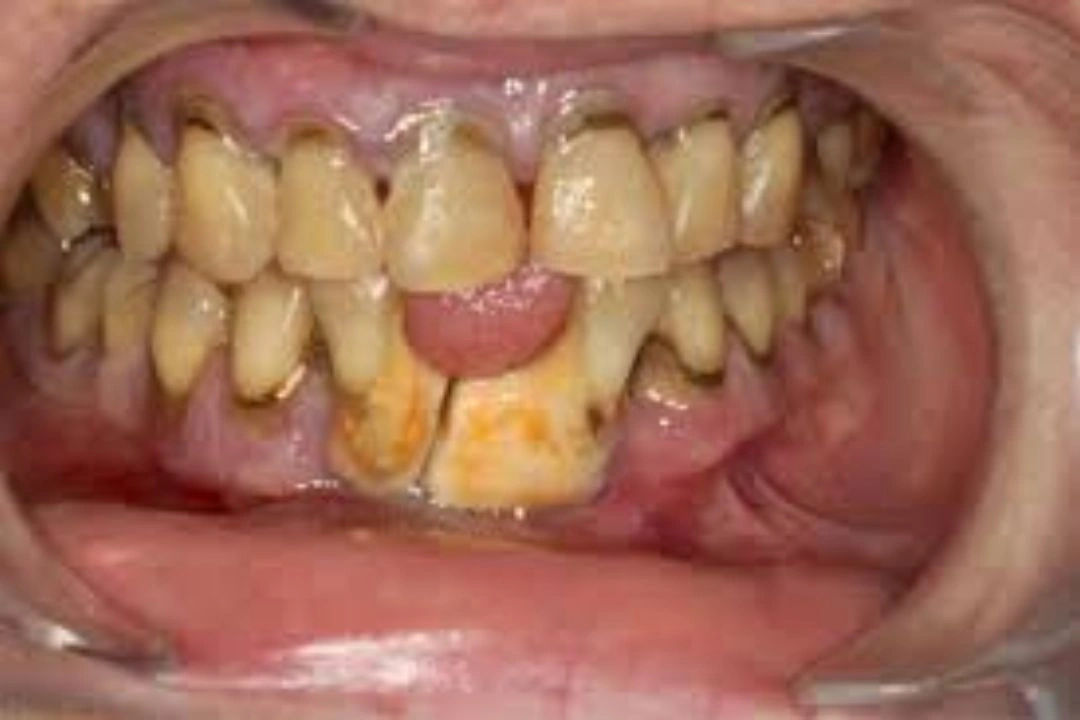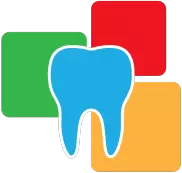The third molar of a person is called a wisdom tooth. It typically appears between the ages of 17 and 25. The reason behind calling them wisdom teeth is it's time of growth. A wisdom tooth comes through at a more mature age. When the third molar grows correctly, it's called a healthy wisdom tooth.
However, most of the time wisdom teeth erupt in an undesirable position or partially erupt or may not erupt at all which leads to various dental issues and causes pain to a patient.
Understanding Wisdom Teeth
A wisdom tooth can cause infection, and it can be excruciating. They are frequently out of reach and brushing these teeth can be difficult, which leads to inadequate dental hygiene. Food and stuck bacteria over wisdom teeth might lead to tooth decay and gum infections. In some cases, wisdom teeth from the upper jaw lean sideways and rub against the cheek causing troubles like mouth ulcers and mastication issues. Our dentists check for pain, damaged or crooked teeth, and infection while wisdom tooth extraction treatment minimizes the impact of a wisdom tooth and helps prevents subsequent problems.
If a tooth is stuck under the gums and is getting blocked by the overlying bone, it is called impacted teeth. Our dentists extract impacted wisdom teeth, which reduces the chance of tooth misalignment and infection.
Classic symptoms of wisdom teeth infection- 1. Pain & swelling
- 2. Red, inflamed gum near the wisdom tooth
- 3. Pus coming from the gum
- 4. Pain radiating to head and ear region.
- 5. Difficulty in eating
Advantages of wisdom tooth removal
1. Eliminate pain
- Wisdom tooth extraction removes pain caused by the third molar, alleviates pressure, lessened gum sensitivity, and relieves tooth sensitivity.2. Prevent damage to adjacent teeth
- The overcrowding pressure caused by wisdom teeth can make roots of nearby teeth weak and grind down enamel. This scenario leads to the vulnerability of adjacent teeth.3. Pain near ear region is relieved.
Precautions after wisdom tooth removal treatment
A patient might feel pain and swelling for a very few days. Our dentists prescribe antibiotics and pain relievers which make the patient feel better.
During the initial days,
- • only soft food should be ingested,
- • A patient should avoid drinking alcohol, smoking, hot or carbonated beverages.
- • Our dentists forbid a patient from brushing, spitting, and rinsing the mouth during the first 24 hours after wisdom molar extraction.
It takes 7 to 10 days for the removal of the suture. The cost of wisdom teeth treatment depends upon the severity of the impaction and grade of complexity.
If your tooth is loose and mobile
Other than wisdom teeth removal, our dentists prescribe dental extraction or tooth removal in cases of a mobile tooth, traumatic damage, periodontal disease, etc.
Loose tooth due to trauma
If a patient is involved in an accident and a tooth is fractured in such cases it may be viable to remove the tooth. Appropriate treatment planning is done before any tooth removal in such cases.
Pyorrhea related tooth loss
Plaque formation due to responsible bacteria that retains over teeth leads to periodontal infection. A severe case of periodontal infection affects gums and alveolus which typically makes a tooth mobile and loose which may require extraction.
Child tooth removal
Kids tend to get mobile teeth due to apparent reasons like retained deciduous teeth, grossly decayed, etc. which require dental extraction. If it is untreated, it leads to pain and infection.
Practical tips to be followed after wisdom tooth removal
- • Do not spit for 24 hours.
- • Do not consume hot beverages for 24 hours.
- • Enjoy cold beverages and ice cream for the first 24 hours.
- • Do warm saline mouth rinse eight times per day after 24 hours.
- • Keep the key area clean to scrupulously avoid the possible risk of dry socket (site of tooth removal becomes extremely painful after 3-4 days due to loss of blood clot) and infection.
AMD Dental Clinic along with wisdom teeth removal surgery treats all patients of tooth extraction painlessly to offer considerable comfort to the patients.
BOOK AN APPOINTMENT now!!
Or call us at 9945826926!
- A-3, Natraj Nagar near Imli Phatak, Jaipur-302015
- +91 9945826926
- contact@amddentalclinic.com

Protect Your Teeth from Sensitivity – Expert Tips Inside!
Say goodbye to tooth sensitivity with expert tips! Learn how to protect your teeth, reduce discomfort, and enjoy a pain-free smile with effective remedies. Read now!

Shine Like a Star! Best Dental Crowns for a Flawless Smile
Get a flawless smile with the best dental crowns at AMD Dental Clinic! Restore damaged teeth with durable, natural-looking crowns. Book your consultation today for a radiant smile!

Pyorrhea Treatment: Can You Reverse Gum Disease Naturally?
Discover effective Pyorrhea treatment options and learn how to reverse gum disease naturally. Explore home remedies, professional treatments, and prevention tips for healthier gums.
FAQs
What is wisdom tooth removal
Wisdom tooth removal is a common oral surgery procedure to extract wisdom teeth, the four permanent molars located at the back of the mouth. These teeth typically erupt in late adolescence or early adulthood. Sometimes, wisdom teeth lack sufficient space to erupt properly, causing impaction, pain, infection, or other dental problems. When this occurs, wisdom tooth removal is recommended to prevent future complications. If the wisdom tooth is severely decayed or infected, our oral surgeons may recommend root canal treatment to save the tooth.
Why is wisdom tooth removal necessary
Wisdom tooth removal may be necessary for several reasons, including: * Impaction: When a wisdom tooth is unable to erupt fully or properly due to lack of space. * Pain or discomfort: Impacted or erupting wisdom teeth can cause pain, swelling, and tenderness in the jaw. * Infection: Partially erupted wisdom teeth are difficult to clean properly, increasing the risk of infection. * Damage to surrounding teeth: Wisdom teeth can crowd or damage nearby teeth. * Risk of cysts or tumors: In rare cases, wisdom teeth can contribute to the development of cysts or tumors in the jawbone. During a dental examination and X-rays, our dentists will assess your wisdom teeth and determine if removal is necessary.
What is the procedure for wisdom tooth removal
The procedure for wisdom tooth removal typically involves several steps: * Consultation and X-rays to assess the wisdom teeth and develop a treatment plan. * Local anesthesia or sedation to numb the area and ensure patient comfort. * An incision may be made in the gum tissue to expose the tooth. * Bone removal may be necessary if the wisdom tooth is impacted. * Extraction of the wisdom tooth. * Stitches may be placed to close the incision and promote healing. Our experienced oral surgeons will ensure the procedure is performed safely and comfortably.
What to expect after wisdom tooth removal
Following wisdom tooth removal, you can expect some swelling, discomfort, and bleeding. Our dentists will provide you with detailed aftercare instructions, including pain medication, ice application, and dietary restrictions to promote healing and minimize discomfort. It's important to follow these instructions carefully to ensure a smooth recovery. If you experience any issues such as prolonged bleeding or signs of infection, contact our clinic promptly for further evaluation and gum treatment if necessary.
What are the risks and complications of wisdom tooth removal
Wisdom tooth removal is a routine procedure; however, as with any surgery, there are potential risks and complications. Our dentists will discuss these with you during your consultation and answer any questions you may have. If you experience any severe or prolonged pain, swelling, or fever after wisdom tooth removal, contact AMD Dental Clinic immediately.
